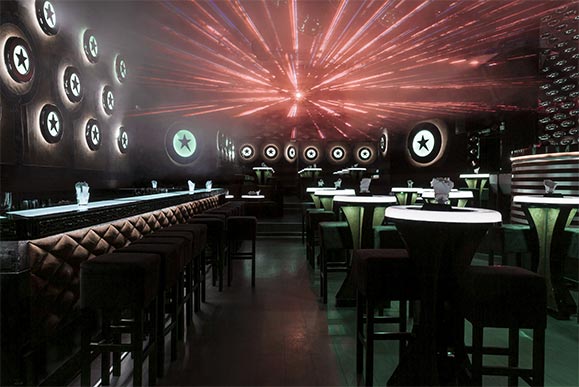
Thornton Abbey — Medieval Power and the Great Gatehouse
Explore One of Britain’s Largest Monastic Gatehouses and Its Vast Abbey Ruins Thornton Curtis, Ulceby, North Lincolnshire, DN39 6TU
Specification
A Fortress of Faith and Fortune
In the quiet countryside near Ulceby, the ruins of Thornton Abbey rise from meadows that once echoed with the chants of Augustinian canons.
Founded in the 12th century, the abbey grew into one of the richest in England.
Its crowning glory, the 14th-century gatehouse, still stands almost intact — a blend of Gothic elegance and military might.
It’s both a symbol of devotion and a monument to monastic wealth.
A History of Grandeur and Change
Thornton Abbey was established around 1139 and flourished through trade, farming, and royal favour.
By the late Middle Ages, the canons commissioned a grand gatehouse — part palace, part fortress — to showcase their prosperity.
However, following Henry VIII’s Dissolution of the Monasteries in the 1530s, the abbey was closed and its buildings dismantled.
Therefore, the gatehouse alone became the proud guardian of centuries of faith, ambition, and survival.
Exploring Thornton Abbey and Gatehouse
1. The Great Gatehouse
The gatehouse dominates the landscape with four towers, intricate stone carving, and tall traceried windows.
Inside, vaulted chambers and spiral staircases reveal the sophistication of medieval design.
In addition, exhibitions describe the abbey’s history and recent archaeological finds.
2. The Abbey Ruins
Beyond the gatehouse lie the grassy outlines of the church, cloisters, and chapter house.
Information boards trace the daily lives of monks who prayed, studied, and tended nearby farms.
You can wander freely among foundations that once formed one of Lincolnshire’s grandest religious houses.
3. Archaeology and Discovery
Recent excavations uncovered a 17th-century plague cemetery, linking the site’s story to later centuries of resilience and loss.
Furthermore, aerial views reveal how vast the complex once was — almost a self-contained medieval town.
Learn more at the English Heritage website
A Survivor Through Time
Despite wars, neglect, and centuries of weather, the gatehouse remains one of the finest monastic buildings in England.
Its mix of beauty and strength inspired artists and travellers from the 18th century onwards.
Moreover, its careful conservation ensures that this masterpiece of Gothic architecture still commands awe today.
It’s not just a ruin — it’s a living echo of medieval splendour.
Visiting Thornton Abbey
How to Get There
Address: Thornton Abbey, Ulceby, North Lincolnshire DN39 6TU
By Car: Off A1077 near Barrow-upon-Humber; free parking on site
By Train: Thornton Abbey Station (5-minute walk)
By Bus: Services from Barton-upon-Humber and Grimsby
Opening Hours & Admission
Daily, April – October; weekends only November – March
Entry fee applies; free for English Heritage members
Facilities
Visitor centre with displays and shop
Toilets and picnic area
Grounds mostly level and wheelchair accessible
Nearby Attractions
Tattershall Castle — Tudor red-brick tower with panoramic views
Lincoln Cathedral — One of England’s finest Gothic churches
Gainsborough Old Hall — Magnificent medieval timber-framed manor
Barton Humber Bridge — Iconic river crossing and nature reserve nearby
Together, they form the Lincolnshire Heritage Trail.
Why Visit Thornton Abbey?
The Thornton Abbey and Gatehouse experience offers:
Britain’s grandest monastic gatehouse
Peaceful abbey ruins for exploration
Rich medieval and post-medieval history
Scenic countryside walks
Whether you’re drawn by architecture, archaeology, or tranquillity, Thornton Abbey delivers all three.
It’s not just a visit — it’s a journey into England’s spiritual heartland.






No Reviews